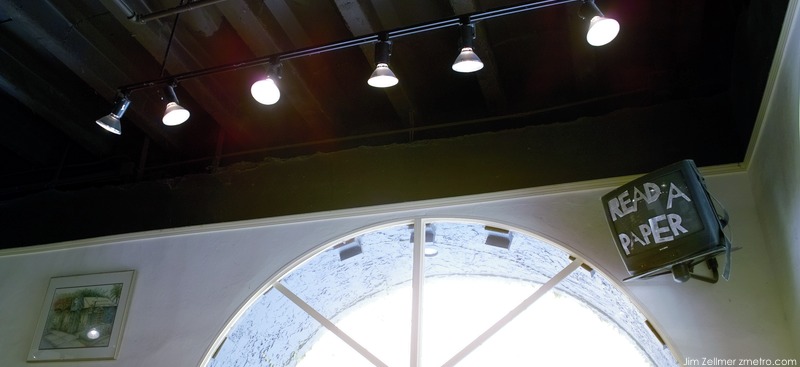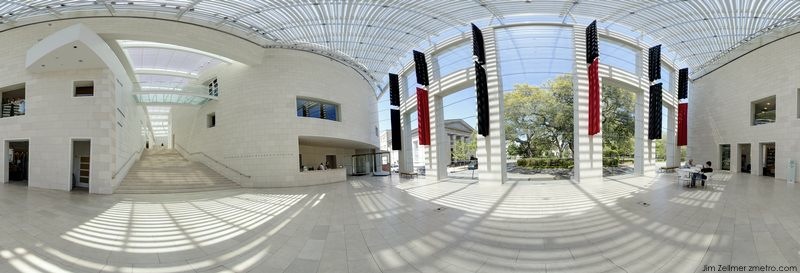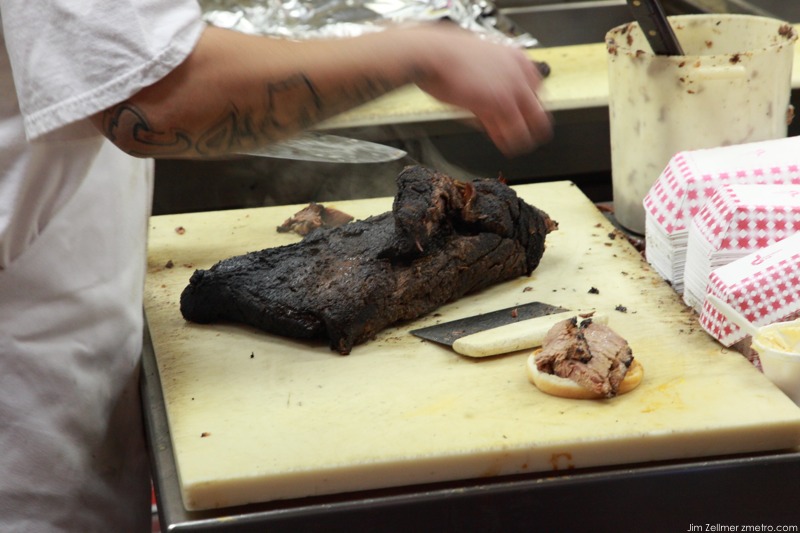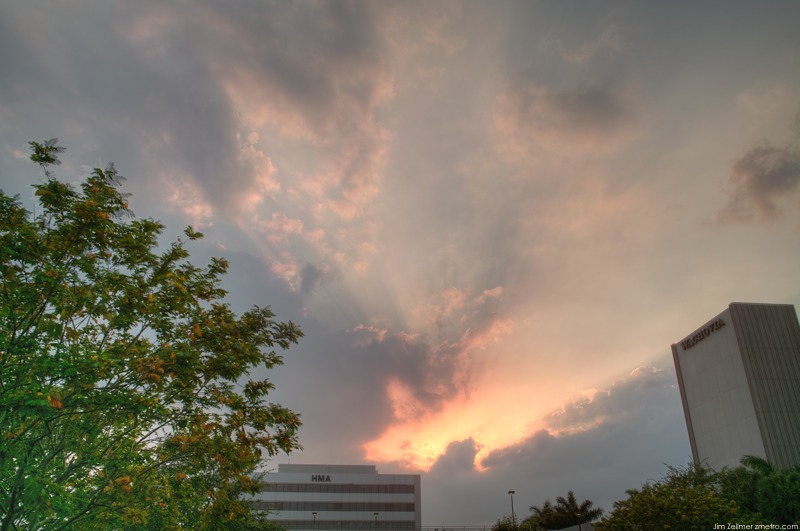Khosla on Renewable Energy
EC (13:40): In the past 90 days we have seen something like a billion dollars being put into solar investments – whether in the form of equity or debt. Is that stupid money?
VK: The people who are putting in gobs of money, behind people chasing First Solar at billion dollar valuations – I won’t say it’s stupid but it’s not something I would do with my money. (EC: That pretty much counts as stupid). A diversity of opinion is good. I am often wrong. (EC: Sometimes you are). You only need to be correct once in a while because in our business you only lose one time your money but you can make 100 times quite easily. I don’t have to be very right.
(RR: I would like to hear that during his next congressional testimony where he is trying to drive the direction of energy policy: “I am often wrong.” But this also gets to the heart of why I often object to what he is saying. If he uses his high level of influence to help put us down the wrong path on energy policy, then what are the consequences of being wrong? They could be severe.)
EC (14:38): How many companies do you currently have in your portfolio?
VK: Our clean tech portfolio has probably about 50 companies.
EC (15:48): Which was the biggest disappointment?
VK: We have not had any large cut-offs – I am trying to think – in our clean tech portfolio. When we have invested a lot of money, there’s one or two places – well one we wrote off; one called Altra. (RR: Altra is a corn ethanol producer that is on the ropes). There’s one place we actually decided to change the plan – Cilion – and made it capital neutral, so they don’t need a lot of cash. Got rid of the debt; the company is going fine, but sort of on the slow boat.
The Americans in Pyongyang
The first thing our guide Mr. Li said to the people whom he knew had inflicted untold suffering onto his country was “Welcome. I hope you had a good flight.” Then he paused. “We call you the U.S. Imperialists, since you came in and divided our homeland. When some Korean calls you U.S. Bastards or U.S. Imperialists, I will just translate that. I hope that’s okay, I’m just doing my job.”
a
Mr. Li was one of the guides on a tour of Pyongyang in October of 2008, the last month that American tourists were allowed access to the city. I visited as part of a group of 25 Americans, mostly young professionals and students; many said they wanted to see the country before it collapsed under the weight of its own obsolescence. We knew beforehand that our movements would be strictly controlled throughout the tour, and that we were not allowed to wander freely. Our guides showed us the parts of Pyongyang that we were supposed to see. Their filtering the trip was a very valuable way to process information in a place so radically different from anything resembling our definition of normality.
Flawed Credit Ratings Reap Profits as Regulators Fail and a Wachovia Photo
Ron Grassi says he thought he had retired five years ago after a 35-year career as a trial lawyer.
Now Grassi, 68, has set up a war room in his Tahoe City, California, home to single-handedly take on Standard & Poor’s, Moody’s Investors Service and Fitch Ratings. He’s sued the three credit rating firms for negligence, fraud and deceit.
Grassi says the companies’ faulty debt analyses have been at the core of the global financial meltdown and the firms should be held accountable. Exhibit One is his own investment. He and his wife, Sally, held $40,000 in Lehman Brothers Holdings Inc. bonds because all three credit raters gave them at least an A rating — meaning they were a safe investment — right until Sept. 15, the day Lehman filed for bankruptcy.
“They’re supposed to spot time bombs,” Grassi says. “The bombs exploded before the credit companies acted.”
As the U.S. and other economic powers devise ways to overhaul financial regulations, they have yet to come up with plans to address one issue at the heart of the crisis: the role of the rating firms.
I noticed this Wachovia building recently and thought the sunset scene was, perhaps appropriate.
The Political Elite…..
That is why it was all the more bewildering to have Sen. Dodd come to the gymnasium of the Cornwall Consolidated School on a beautiful spring afternoon for two hours and somehow manage not to utter a single word about the controversies surrounding his role as chairman of the Senate Banking Committee.
These are not exactly state secrets. There was the widely reported sweetheart or VIP mortgage loan from Countrywide Financial to the senator as well as the six-figure campaign contributions from the American Insurance Group whose executives, according to language Sen. Dodd wrote into a bailout bill, were entitled to large bonuses paid for with our tax dollars.
The organizer and moderator of Saturday’s forum, Harriet Dorsen, a member of the local Democratic Party committee, told the Lakeville Journal newspaper last week, “I think there are going to be a lot of tough questions.”
There weren’t. They were all softballs. Instead of the usual give and take, with citizens speaking their minds, all the questions had to be written out in advance on index cards and then submitted to the moderators. A contingent from the Lakeville Journal (including my wife, Cynthia, who is the newspaper’s executive editor) was on hand, armed with probing questions.
Scenes: “Read a Paper” – and Turn off the TV

A useful idea, from a bookstore south of the Mason Dixon line. I’d substitute “book, or perhaps ebook” for “paper”.
Healthmap
VR Scene: Jepson Center for the Arts Savannah

On China’s Flying Culture
My trip was significantly less copacetic – due to “fog” (read: noxious pollution) at Pudong no planes were landing. Our evening flight was cancelled, and the the next day’s flight delayed three or four hours. We ended up circling in Shanghai, landing in Hangzhou first, deplaning, and only later flying back to Shanghai. Total trip time: 23 hours.
I observed in my flight mates a similar kind of resignation that you saw – but I don’t think it is due to any sort of calmness. Instead I saw a powerlessness in front of authority. Again and again people on the plane turned to me and asked me to call my embassy – saying “they will pay attention to you. But they don’t care about us Chinese”. One passenger (shanghainese) demanded that they hurry us to Shanghai because we had so many foreigners on the plane, and it was a major loss of face for China. The awareness and sensitivity to the poor treatment of local travelers reached a fever pitch when the biscuits and water came to us as we cooled our heels in Hangzhou. One passenger erupted in fury “Where did that Japanese tour group go? Have you given them better food? Have you given them *noodles*? How dare you!”
(The gate attendant’s response is a topic for a whole other post. She, a young and pretty woman with trendy heavy glasses and a bejeweled mobile phone, turned to the angry passenger and said “of course we haven’t given the Japanese noodles! We will never forget the Nanjing Massacre!”….)
East Germany, Up Close and Personal
When a West German photographer set off on a trip to the East German island of Rügen just after the Wall fell in the spring of 1990, he captured a world that would soon disappear forever. Twenty years after the epochal event, he looks back on his journey in a first-person account.
I remembered the painting from art class in school: The Chalk Cliffs on Rügen, by Caspar David Friedrich. It seemed legendary to me. On the one hand, I was fascinated by the colors, the pinks, the grays, the greens, and the shimmering blue of the water contrasting with the luminous white chalkstone. On the other hand, I was convinced that although I could always see the painting, I would never be able to contemplate the same scenery in reality. I wondered whether the landscape on the island of Rügen truly resembled the painting. It was a mystery to me.

